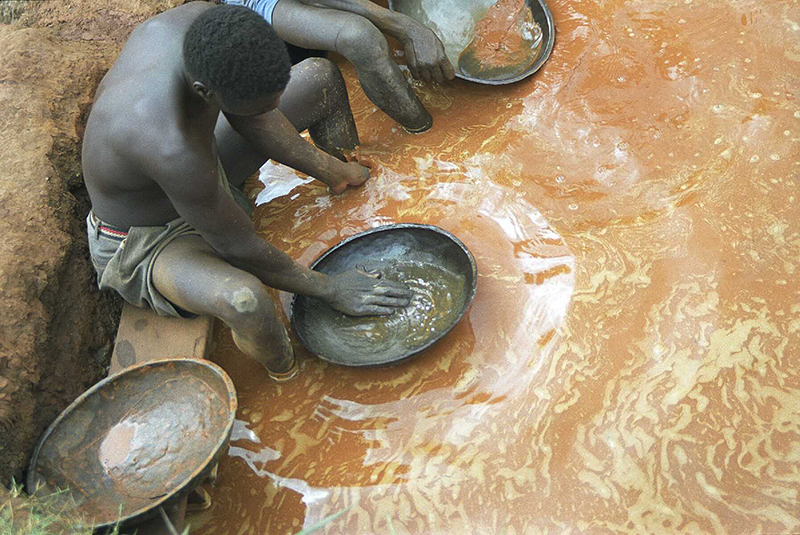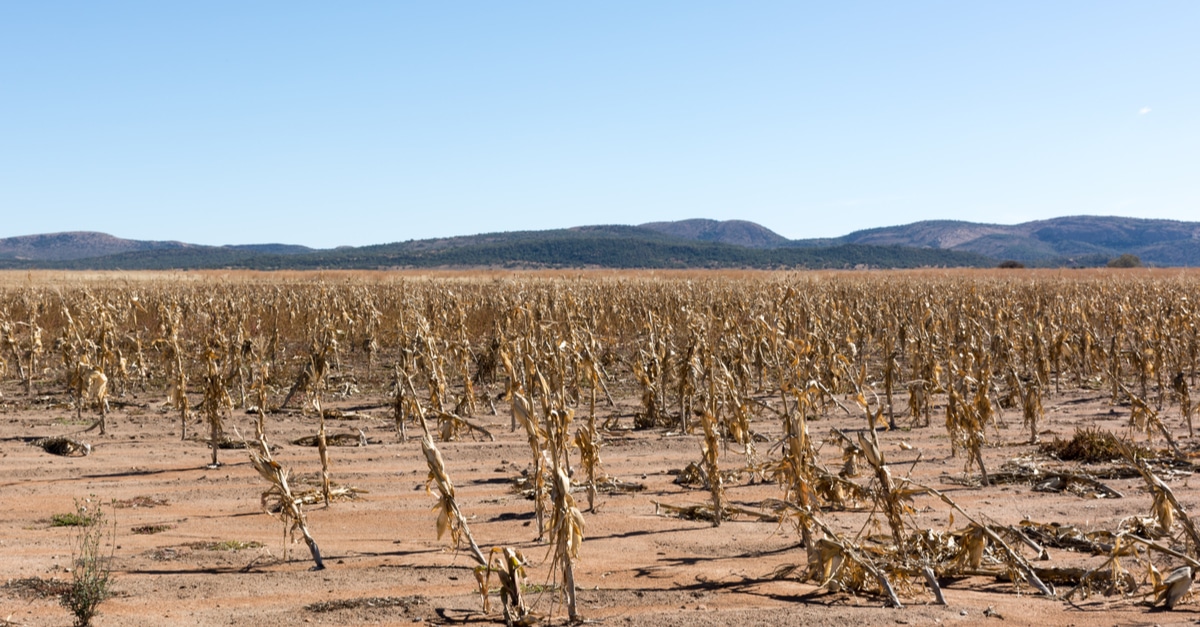Zimbabwe joined gold miners from Indonesia to Peru last year by ratifying the United Nations Minamata Convention on Mercury, an international treaty adopted in 2013, that seeks to phase out the toxic metal to protect human health and the environment.
Inhaling fumes or regular contact with mercury during gold mining can each have devastating effects on the nervous system and prove fatal, according to the World Health Organization. Miners around the world have turned to mercury for decades to extract prized gold. So much so that the United Nations Environment Programme says artisanal and small-scale gold miners make up the biggest source of mercury pollution in the world. It’s one of the few chemicals considered so detrimental that more than 100 countries have agreed to end its use.
On top of that, the Zimbabwean government also passed a law last year that bans mercury use in or near rivers, which carries a heavy fine and up to 12 months in jail. But the practice continues unabated here as workers remain unaware of the law and the health risks — and the government continues buying gold from artisanal miners at an increasing pace. Today, still about 500,000 artisanal miners operate without a license, according to official figures. The majority live in poverty as the country’s economy is marked by inflation and raging unemployment.
Zimbabwe’s mining officials claim they aren’t violating the treaty or the law and insist they are balancing economic needs with health concerns. The problem with the Minamata Convention is that it doesn’t give a set timeline to reduce the use of mercury among artisanal miners, although it does require countries to develop an action plan within three years and to work toward its elimination. Gold, as Zimbabwe’s largest export, totaling $2.14 billion worth of the precious metal sold in 2020, is vital to its economy. Artisanal miners, often lone workers who mine illegally or without adequate machinery, are key to its success. They deliver more than 60% of the gold produced in the country, up from 43% in 2016.



